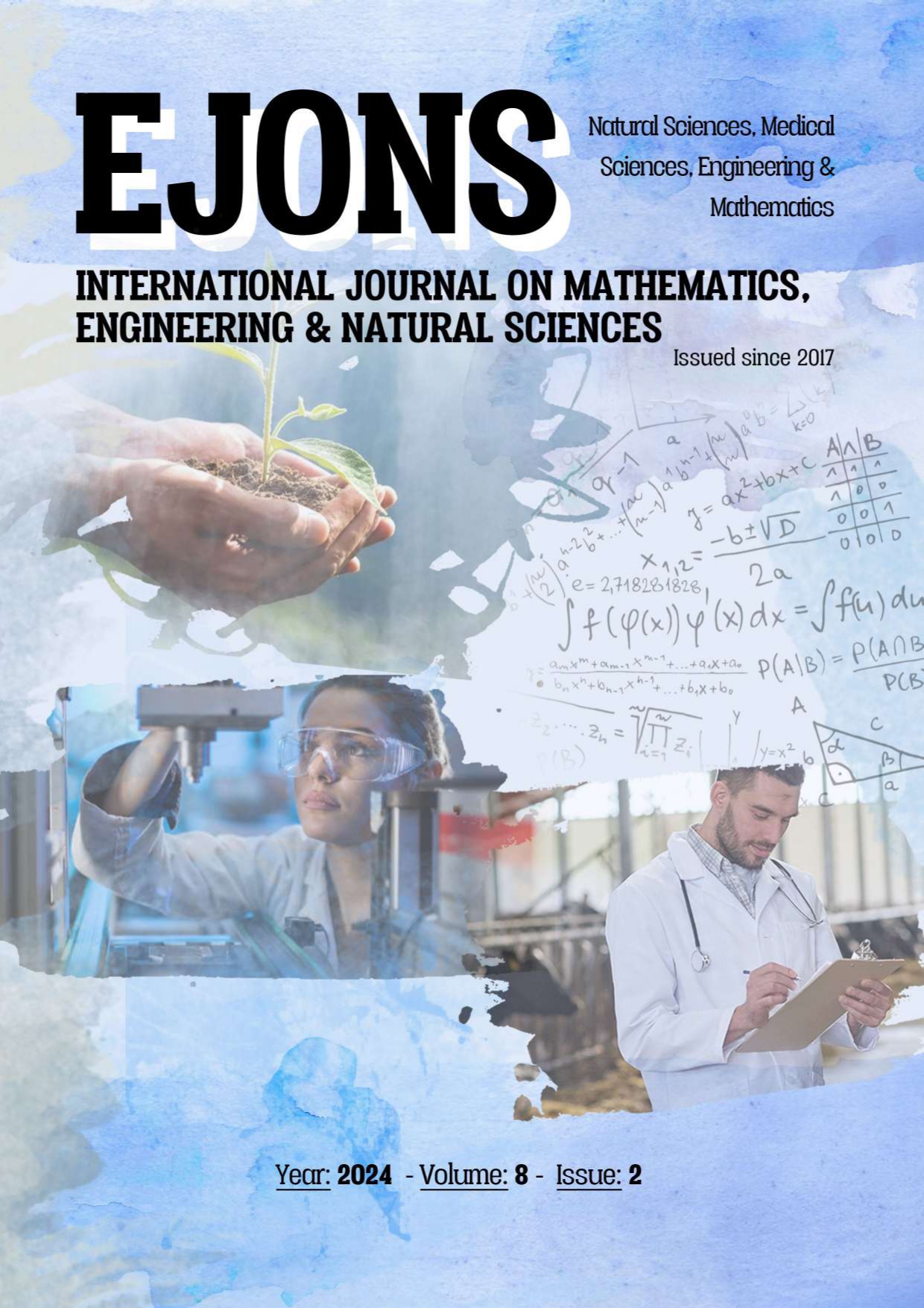Effectiveness of Protectionism in the Trade War: Case of the U.S. and China
DOI:
https://doi.org/10.5281/zenodo.11531383Keywords:
Protectionism, Trade War, Tariffs, China, USAAbstract
Protectionism refers to the economic policy of a country to limit foreign trade by imposing tariffs, quotas, or other barriers on imported goods and services. The trade war between the United States and China, which began in 2018, has been one of the most notable exemplifications of protectionism in recent times. The aim of this study is to examine the effectiveness of protectionism in the trade war between the United States and China.
The U.S. government imposed tariffs on Chinese imports to reduce the trade deficit with China and to protect American businesses from unfair competition. The tariffs were designed to incentivize American companies to relocate their manufacturing operations to the United States and diminish reliance on imports from China. However, the tariffs also had negative effects on the U.S. economy. American businesses and consumers had to pay higher prices for imported goods, and U.S. companies that relied on Chinese inputs for their production faced significant difficulties.
In China, the government responded to the U.S. tariffs by imposing its own tariffs on American imports. The Chinese tariffs aimed to reduce the impact of the U.S. tariffs on the Chinese economy and to support Chinese businesses. However, the Chinese tariffs also had a negative impact on the Chinese economy. Chinese businesses and consumers had to pay higher prices for imported goods, and Chinese companies that relied on American inputs for their production faced significant difficulties. The trade war between the United States and China has adversely affected the worldwide economy. Declines in trade between the two nations have resulted in diminished economic growth and higher unemployment rates. Moreover, the trade dispute has introduced uncertainty and instability into the global economic landscape, causing hesitation among businesses and investors to engage in new ventures. To sum up, the trade dispute between the United States and China has illustrated that protectionist measures are not an effective remedy to the challenges posed by international trade.
References
Aytekin E. and Gözellik E.Ö. (2018). ABD-Çin arasındaki 'ticaret savaşı' dünya ekonomisini etkileyebilir. AA.
Abboushi, S. (2010). Trade Protectionism: Reason and Outcomes. An International Business Journal, 20 (5), 387. Available on: https://www.researchgate.net/publication/235283803_Trade_protectionism_Reasons_and_outcomes. [accessed on 09 February].
Amadeo, K. (2022). What Is Trade Protectionism?. the balacemoney. Available on: https://www.thebalancemoney.com/what-is-trade-protectionism-3305896. [accessed on: 08 February 2024].
Amiti, M., Redding, S. J., and Weinstein, D. E. (2018). The Impact of the 2018 Tariffs on Prices and Welfare. Journal of Economic Perspectives, 33(4), 188. Available on: https://www.jstor.org/stable/26796842. [accessed on: 05 February 2024].
Carnegie Endowment for International Peace. (2021). Available online: https://carnegieendowment.org/2021/09/16/u.s.-china-trade-war-has-become-cold-war-pub-85352 [accessed on 22 March 2023].
Coppel, J. (2017) Countering the Global Rise of Protectionism. Available online: https://www.internationalaffairs.org.au/australianoutlook/free-market-rise-protectionism/ [accessed on 10 October 2024].
Efobi, U. R., Beecroft, I., and Osabuohien, E. S. (2018). Global Trade and Trade Protection in a Globalised World. 10 (1). Available online: https://doi.org/10.1080/19186444.2018.1436650. [accessed on 8 February 2024].
Friedman, T. L. (2006). Yirmi Birinci Yüzyılın Kısa Tarihi: Dünya Düzdür. İstanbul: Boyner Yayınları.
Hastingsjournal. (2023). Tired of hearing about China? Stop the cash flow. Available online: https://www.hastingsjournal.news/stories/tired-of-hearing-about-china-stop-the-cash-flow21505/. [accessed on 08 February 2024]
Holslag, J. (2017). How China's New Silk Road Threatens European Trade. The International Spectator. 52(1). p. 50. Available online: http://dx.doi.org/10.1080/03932729.2017.1261517. [accessed on 20 March 2017].
Lee, S.-H. (2018). Trump's Protectionism: What Future for US Trade Policy? 18(116), p.3. Available online: https://www.rsis.edu.sg/rsis-publication/cms/co18116-trumps-protectionism-what-future-for-us-trade-policy/ [accessed 08 February 2024].
Liu, T., and Woo, W. T. (2018). Understanding the U.S.-China Trade War. China Economic Journal, 11(3), p.1. Available online: https://www.tandfonline.com/doi/full/10.1080/17538963.2018.1516256. [accessed 09 February 2024].
McLaren, J. (2013). International Trade: Economic Analysis of Globalization and Policy. John Wiley and Sons, Incorporated publications.
oercommons. (2023). Government Intervention, Available online: https://www.oercommons.org/courseware/lesson/70485/student/. [accessed 09 February 2024].
Özay, N. (2015). Uluslararası Ticarette Korumacılık ve Türkiye'de Uygulanan Koruma Önlemleri. Gümrük ve Ticaret Dergisi, (5)23-33. Available online: https://dergipark.org.tr/tr/pub/gumrukticaretdergisi/issue/53325/708772#article_cite. [accessed 09 February 2024]
Stanford Encyclopedia of Philosophy. (1997). Game Theory. Available on: https://plato.stanford.edu/entries/game-theory/. [accessed 09 February 2024].
Tuncer, S. (1994). Korumacılık Teori ve Uygulama. İktisadi Araştırmalar Vakfı (36), 240. Available on: https://dergipark.org.tr/tr/pub/iumamk/issue/756/8131#article_cite. [accessed 09 February 2024].
U.S. Department of Commerce, (2021). U.S. Trade with China. Office of Technology Evaluation. Available on: https://www.bis.doc.gov/index.php/country-papers/2971-2021-statistical-analysis-of-u-s-trade-with-china/file. [accessed 09 February 2024].
Ur1: https://www.oercommons.org/courseware/lesson/70485/student/)
Url 2: https://www.internationalaffairs.org.au/australianoutlook/free-market-rise-protectionism/
Downloads
Published
How to Cite
Issue
Section
License
Copyright (c) 2024 EJONS INTERNATIONAL JOURNAL

This work is licensed under a Creative Commons Attribution-NonCommercial 4.0 International License.


